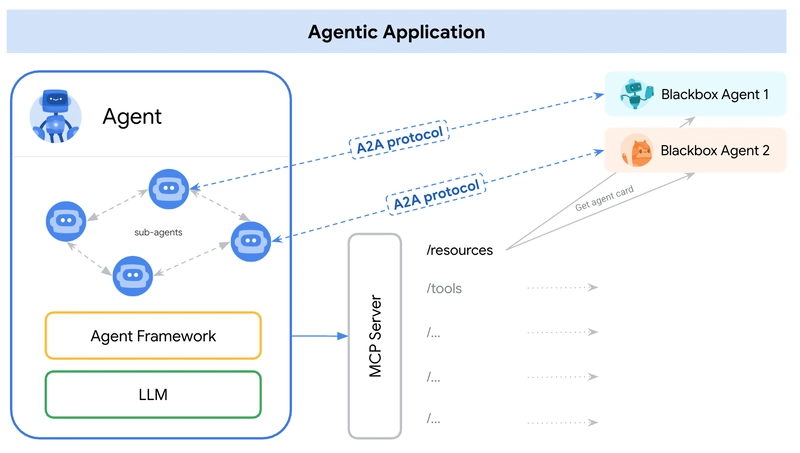A Look Back: No, I Wouldn’t Recommend You Follow NY Times Columnist Advice That You Pay Your Child $100 To Read A Book
(I’m republishing my best posts from the second half of 2024. You can see the entire list of them here) I Paid My Child $100 to Read a Book is the headline of a column in today’s NY Times. The writer talks about a very real challenge that parents and teachers have – […]

(I’m republishing my best posts from the second half of 2024. You can see the entire list of them here)

hoahoa111 / Pixabay
I Paid My Child $100 to Read a Book is the headline of a column in today’s NY Times.
The writer talks about a very real challenge that parents and teachers have – engaging reluctant readers.
The writer decides, as a last ditch effort, to pay her daughter $100 to read a book. The daughter likes it, and wants more – for now.
Good on them.
The big problem, however, is when she writes:
I’d suggest other parents of reluctant readers open their wallets and bribe their kids to read, too.
The author needs to learn from education researcher Dylan Wiliam, who said:
“Everything works somewhere; nothing works everywhere.”
Just because something works in one situation – even though it contradicts decades of research – definitely doesn’t mean it’s going to work in many other situations and, in fact, in many situations, may make the person even less likely to want to read again in the future.
Listen, I get it. When you feel like you’ve tried everything else (even though, at least based on what the mother wrote in the column, I think there are a some ideas she missed, like trying to read graphic novels with her daughter since she had read them in the past), extrinsic motivation may be the only choice left, and it may work.
I’ve certainly gone down that road, though I always plan an exit strategy.
But just because an action that decades of research suggest won’t work ends up succeeding (for now) in your case does not mean it’s a great idea to recommend to millions of readers that they should do it, too….
Read more about the problems with bribing students to read, along with the negatives of using reading logs.
Addendume: Don’t just take my word for it:
love seldom turns kids into readers, unfortunately (this was the hope during the Harry Potter phenom., and it didn't pan out.)
3. Mixed lit on whether rewards negatively impact intrinsic motivation. (Theory would predict if they hate reading, probably not.)— Daniel Willingham (@DTWillingham) September 2, 2024
In "Raising Kids Who Read" I suggested rewards be the last resort. Other strategies don't silently but clear confirm "Reading is aversive and I must reward you to do it." @MireilleSilcoff
— Daniel Willingham (@DTWillingham) September 2, 2024



















![Rogue Company Elite tier list of best characters [April 2025]](https://media.pocketgamer.com/artwork/na-33136-1657102075/rogue-company-ios-android-tier-cover.jpg?#)





















































